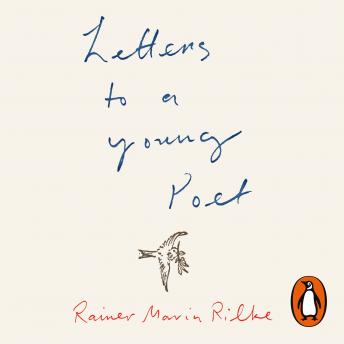
It is for this reason that Rilke calls on the young poet to “probe the depths from which your life issues,” for at these depths must lie a purely intrinsic need.

The creation of such art must therefore be inevitable, hardly a decision made by the artist but rather an unrelenting need that the artist has no choice but to fulfill. Authentic creation, Rilke tells us, comes only from this “turning inward.” Art is therefore best evaluated based on its origin, whether or not it spawns from a place of sincerity or necessity. There lies the solitary space of creation, infused with intrinsic meaning. Rilke invites the young poet to search inwardly. These are the young poets-a moniker not reserved for the literary variety alone but for anyone who creates, anyone who embodies poetry and creation as a way of living. What Rilke offers, in contrast, is an invitation to creation for those who feel utterly called to it. Art becomes lost and we find ourselves stranded in a cultural vacuum fueled by an insatiable appetite for marketable success.

When the integrity of art is sacrificed for entertainment, when art is sold out and diluted, the question of whether one must create becomes lost. Embedded in our society’s cultural framework is a drive for box-office success at the expense of true art. Rilke’s call to necessity speaks poignantly to us today, because art is so often valued only by its ability to be commodified. Rilke advises Kappus to “go within and probe the depths from which your life issues at its source you will find the answer to the question of whether you must create.” Throughout his five-year correspondence with the young poet, Rilke consistently underscores this necessity of art, a lesson which offers potent implications for young poets in our modern age.


Rilke responds to Kappus’ earnest request with striking wisdom and sincerity in what has become known as Rilke’s Letters to a Young Poet, a book that has instructed generations of writers, including myself. It was 1903 when the German-language poet Rainer Maria Rilke first instructed Franz Kappus to create only if creation “arises from a necessity of your being.” Kappus, a young, aspiring writer, appealed earlier that year to a then twenty-six-year-old Rilke to appraise his work, enclosing several of his own poems with his letter.


 0 kommentar(er)
0 kommentar(er)
